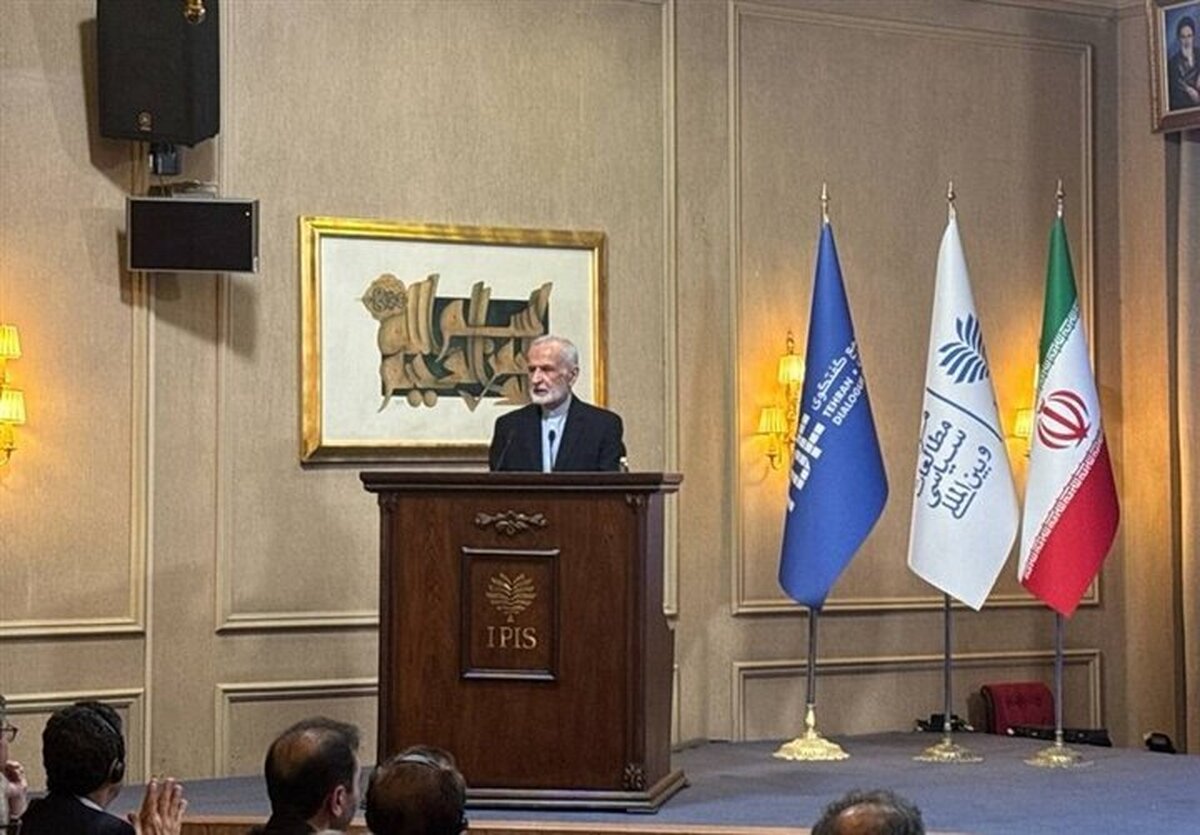
Trump Flirts With Sanctions
EghtesadOnline: Governor of the Central Bank of Iran Abdolnasser Hemmati, said Thursday that the new US sanctions against Iranian banks are yet another blow to the few remaining channels to pay for food and medicine, describing the move as another political stunt.
The US Treasury Department on Thursday imposed fresh sanctions against 18 Iranian banks aiming to totally cut off the country from the world's financial system and choking off the already shrunk government revenues.
“Some of these banks transfer money for food and pharmaceuticals and foreign lenders were previously given waivers and permits to work with them,” Hemmati said in a press release published on the CBI website.
He described the new move as a propaganda designed more “for political ends inside the United States than having economic impact on Iran’s economy”.
Donald Trump’s new desperation and economic pressure on Tehran comes barely three weeks ahead of the US presidential election.
The latest sanctions can leave Iranian companies dependent on a small network of informal moneychangers overseas who can execute financial transfers. The US-based news outlet Bloomberg reported earlier in the month that the Trump administration is also seeking to target money-changers and hawala transfer systems.
Thursday’s move hits banks that had thus far escaped the bulk of the US’ hostile restrictions and, more importantly, subjects foreign, non-Iranian financial institutions to penalties for doing business with them. Thus, it effectively cuts them off from the international financial system.
“Today’s action to identify the financial sector and sanction eighteen major Iranian banks reflects our commitment to stop illicit access to US dollars,” said Treasury Secretary Steven Mnuchin, AP reported.
18 Banks Hit
The action targets 16 Iranian banks for their role in the country’s financial sector, one bank for being owned or controlled by another sanctioned Iranian bank and one military-affiliated bank.
Some of them had been covered by previous designations but Thursday’s move places them all under the same authority covering Iran’s entire financial sector.
The targeted banks are Amin Investment Bank, Bank Keshavarzi Iran, Bank Maskan, Bank Refah Kargaran, Bank-e-Shahr, Eghtesad Novin Bank, Gharzolhasaneh Resalat Bank, Hekmat Iranian Bank, Iran Zamin Bank, Karafarin Bank, Khavarmianeh Bank, Mehr Iran Credit Union Bank, Pasargad Bank, Saman Bank, Sarmayeh Bank, Tos’e Taavon Bank, Tourism Bank and Islamic Regional Cooperation Bank.
Foreign companies that do business with those banks were given 45 days to wind down their operations before facing so-called “secondary sanctions.”
European nations have opposed the blanket financial services blacklisting because it will open up their biggest banks and other companies to US penalties for conducting business with Iran that had previously been allowed.
The move comes as the US has stepped up efforts to kill the 2015 Iran nuclear deal that Trump unilaterally withdrew from in 2018. Since then, Trump has steadily increased pressure on Iran by imposing sanctions on its oil sales and blacklisted top government officials.
Last month, the administration unilaterally announced that it had restored all international sanctions against Iran that had been eased or lifted under the nuclear deal.
And, having been ridiculed by most members of the UN Security Council for claiming to have retained the right to restore international sanctions despite no longer being a member of the deal, the administration has continued to seek to boost its leverage with Iran.
While almost the entire rest of the world, which has an interest in preserving the deal, has vowed to ignore those sanctions, violating them will come with significant risk of losing access to the US financial system. Some believe that Thursday’s action could destroy any chance of salvaging the landmark nuclear accord by making it impossible for Iranian banks to have any relationships with their foreign counterparts.
Zarif: Crime Against Humanity
Critics say the sanctions will further cut off Iran’s ability to import humanitarian goods that are especially needed during the coronavirus pandemic, although US officials insist there are carve-outs for legitimate items such as food and medicine. Relief organizations and others, however, say the exemptions still starve the Iranian people of essentials.
Iran’s Foreign Minister Mohammed Javad Zarif reacted angrily to the new sanctions, calling them a “crime against humanity” at a time of global crisis. “Amid the Covid-19 pandemic, the US regime wants to blow up our remaining channels to pay for food & medicine,” he said in a tweet. “Iranians will survive this latest of cruelties. But conspiring to starve a population is a crime against humanity.”
Thursday’s decision, which was first reported by The Washington Post, follows months of internal administration debate about the best way to proceed with Iran, particularly as Trump faces a difficult reelection challenge against former vice president Joe Biden, who has said he wants to return to the nuclear deal.


